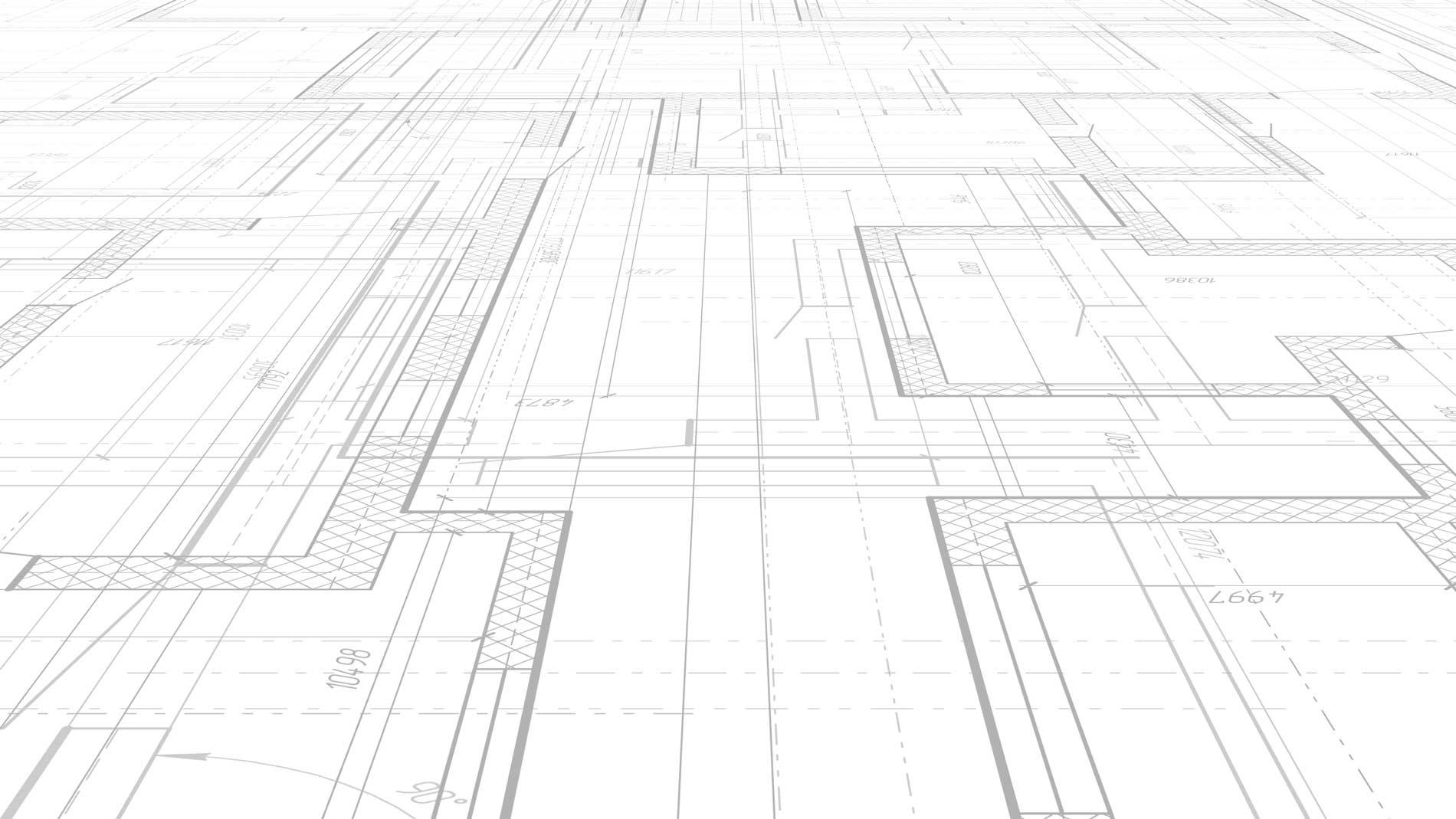
+
What are the tax benefits that are available if one avail of a housing loan?
+
Is there any relief from tax arising on the transfer of long-term capital assets under the income tax act, of 1961?
+
Capital gains on transfer of capital assets other than a residential house
+
Capital gains not to be charged on investment in specified assets
+












